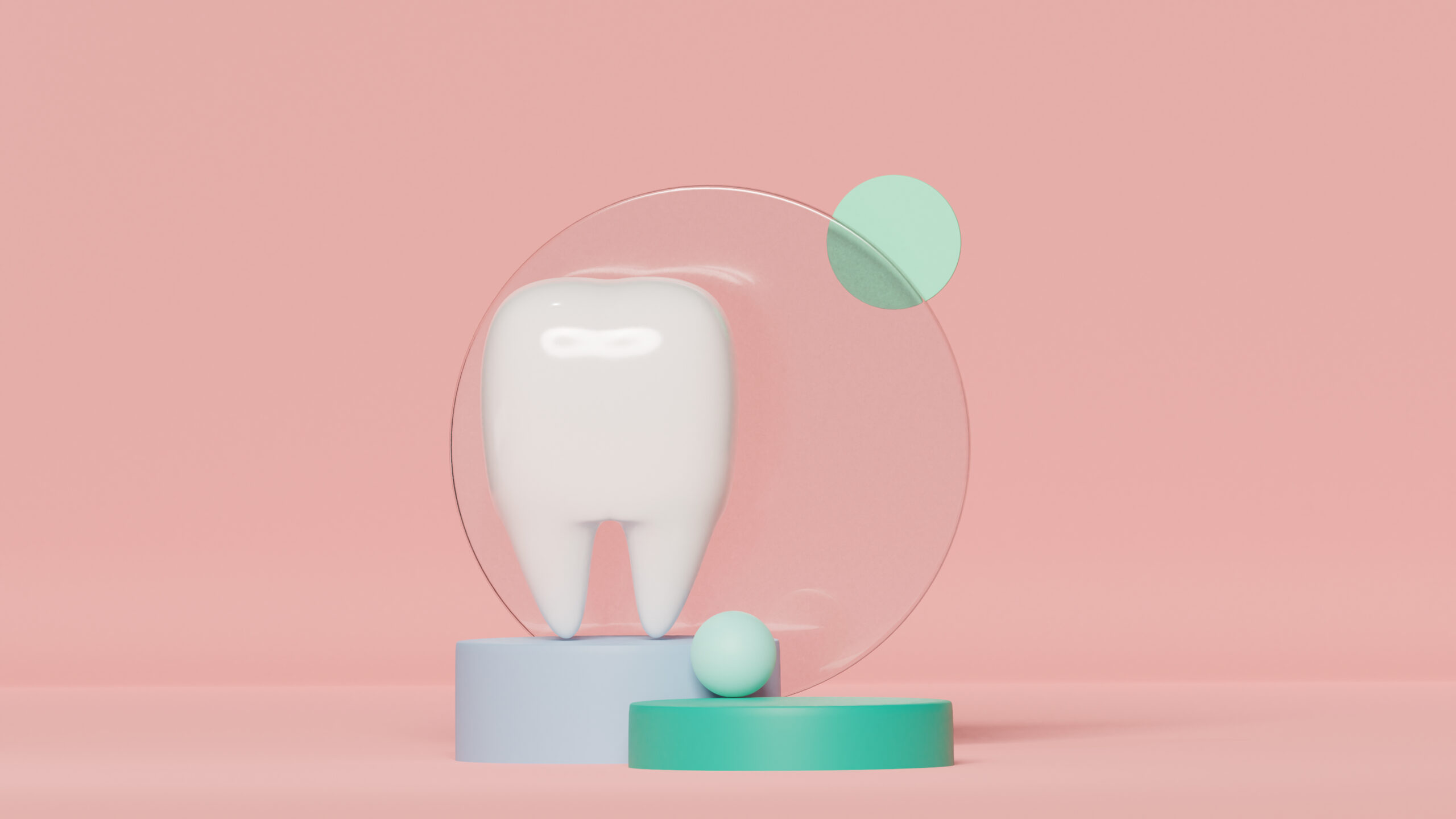
Kyoto University Hospital is scheduled to begin the world’s first human trial of a tooth-regrowing drug this September. This trial follows promising results in animal studies and could lead to the drug being commercially available by 2030. The initial trial phase will involve 30 males aged between 30 and 64, who are missing at least one molar, to evaluate the drug’s effectiveness in human dentition.
What Does the Treatment Involve?
The drug operates by deactivating the uterine sensitization-associated gene-1 (USAG-1) protein, which has been identified as an inhibitor of tooth growth. Research has shown that blocking USAG-1 enhances bone morphogenetic protein (BMP) signaling, thus fostering new tooth development. This mechanism was successfully tested in ferrets and mice, which are genetically similar to humans in terms of the USAG-1 protein.
Katsu Takahashi, the lead researcher and head of dentistry and oral surgery at Kitano Hospital, expressed optimism about the trial. “There has been no permanent cure for tooth loss, and the expectations for a regenerative solution are high,” he said.
What’s Next?
Following the initial trial, the focus will shift to younger patients, specifically those aged 2-7 with congenital tooth deficiency—a condition affecting approximately 1% of the population. This Phase IIa trial is currently recruiting participants.
Researchers also plan to extend the trial to include individuals with partial edentulism, which affects around 5% of Americans, primarily older adults. This broader trial aims to evaluate the drug’s efficacy across different age groups and dental conditions.
Takahashi, who has been dedicated to tooth regeneration research since 2005, envisions this treatment as a universal remedy applicable to anyone who has experienced tooth loss, regardless of age. If successful, this innovative therapy could revolutionize dental care by providing a regenerative solution for millions of patients globally within the next six years.
Related News:
Featured Image courtesy of Freepik
